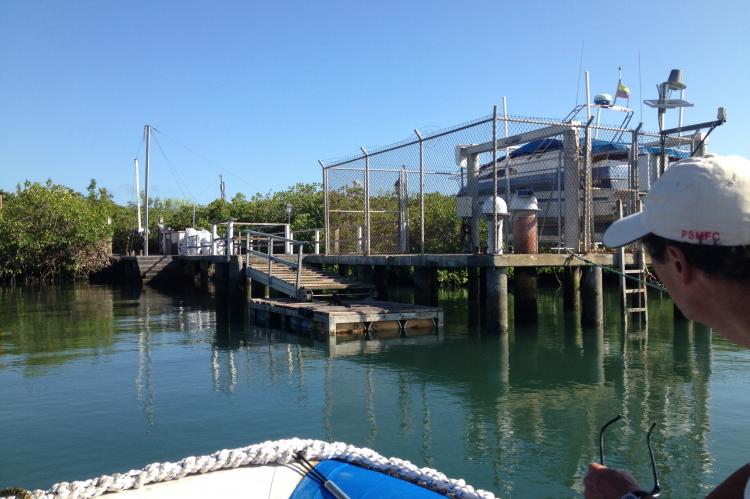Galápagos home to as many as 53 invasive species
Fifty-three invasive species have been discovered in the Galápagos Islands, a far cry from initial estimates of five, according to a new study.
Until now, scientists believed that there were just five invasive species living on Galápagos Islands. However, a study published in the Aquatic Invasions journal has now upped the number to 53.
Lead author James Carlton, an emeritus professor of the Maritime Studies Program of Williams College-Mystic Seaport, described it as “the greatest reported increase in the recognition of alien species for any tropical marine region in the world.”
The research, which began in 2015, was conducted at Santa Cruz and Baltra, two of the larger Galápagos Islands. The scientists hung settlement plates from docks to see which species would find their way there. In addition, they collected samples from mangrove roots, floating docks and other debris, as well as searched through the literature for previous records of marine species on the islands.
Most of the non-native species were sea squirts, marine worms and moss animals (bryozoans). It is likely that almost all the 53 species had found their way to the Galápagos Islands on board ships from tropical seas.
Of the 48 additional non-native species discovered, thirty were species that could have been living on the islands for decades undetected till now. Seventeen other species were already known, but previously thought to be native. The remaining species, bryozoan Watersipora subtorquata, had been collected in 1987 but not identified till now.
"This discovery resets how we think about what's natural in the ocean around the Galápagos, and what the impacts may be on these high-value conservation areas," said Carlton.


